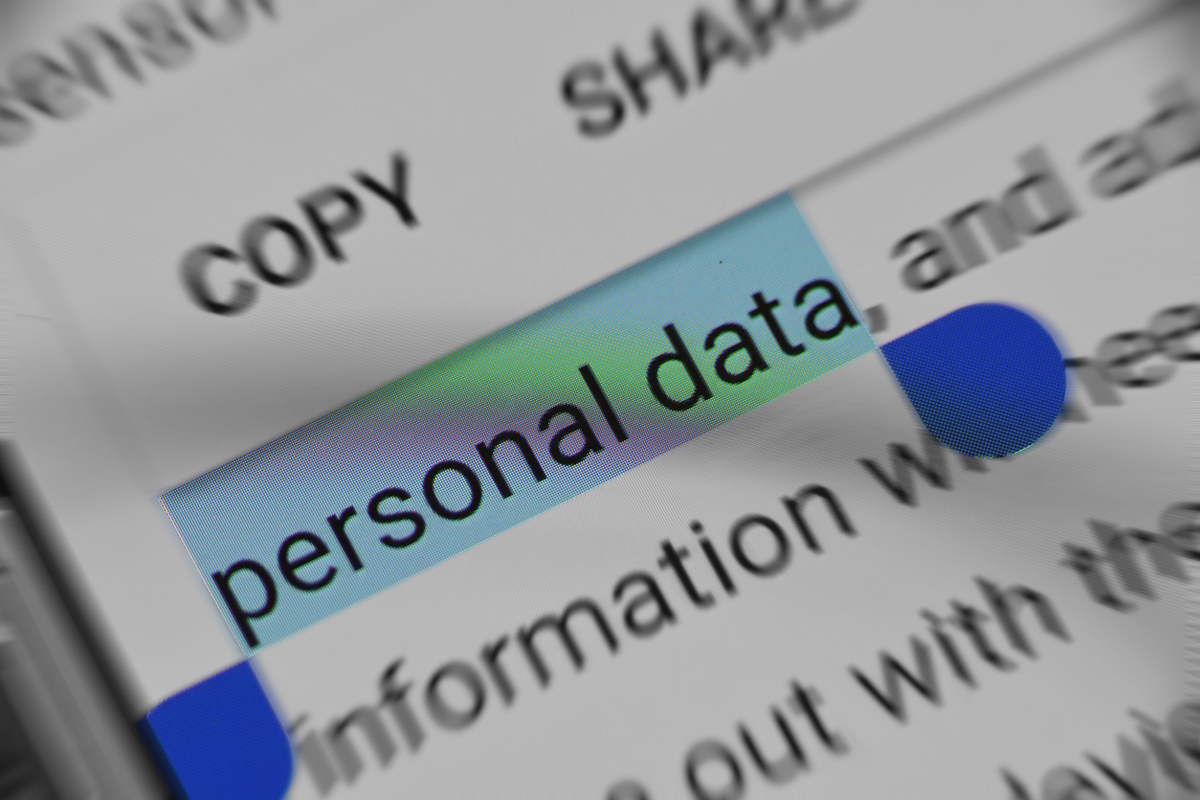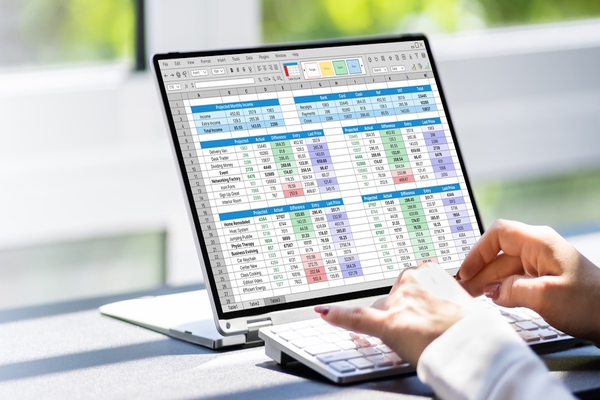GDPR - the benchmark for a global privacy framework

Alasdair Anderson at Protegrity reflects on a record GDPR fine and the state of privacy 5 years on from GDPR
With the 5th anniversary of GDPR looming, this regulation continues to be a game-changer, setting the precedent for privacy and data laws around the world. In fact, the United Nations Conference on Trade and Development (UNCTAD) recently reported that 71% of countries now have data protection regulations in place and a further 9% have legislation in development. Countries such as Vietnam and Saudi Arabia have recently introduced new privacy laws.
But, as we reflect on the anniversary of GDPR’s introduction, just this week we’ve seen the first billion-dollar fine issued. So, what does this mean for data privacy moving forward?
The impact of GDPR
Where once enterprises could buy, sell, share, and store customer data with relative freedom, for the last 5 years every organisation that operates under the GDPR has been subject to scrupulous regulatory compliance requirements. Brands like Amazon, WhatsApp and Google are just a few of many that have been fined for breaches.
In many cases, the GDPR has been successful in protecting consumer privacy by setting clear guardrails for how businesses should protect data travelling through the EU. However, today’s global supply chains and international corporate footprints require data to be shared across borders.
Whilst we understand the intentions behind data sovereignty regulations, the GDPR has enforced antiquated policies that have stifled innovation, arrested economic growth and overlooked the many technologies that are transforming data privacy for the better.
It has also raised issues around the data transfers needed for businesses to comply with important international regulations such as anti-money laundering and sanctions. Therefore, while the GDPR has been hailed as one of the most robust data governance, data management and data transparency regulations in history, many organisations, particularly those in the US, are still ill-equipped to comply with it.
Does the decision on Meta shift the needle?
One clear challenge of the GDPR has been that there is no definitive way for business leaders to achieve compliance. The language used is performance-based, meaning that while the mandated outcomes of GDPR are clear, for example, ensuring user data doesn’t fall into the wrong hands, the ways to get there are very generalised and largely seen as ‘up to the company’ to put in place.
Additionally, fines to date haven’t been that onerous. That changed this week with the Meta fine and six month window to stop data transfers from the EU to the US. Effectively, the basis of Meta’s fine is that, while it had contractual language in place to treat EU data differently from a legal standpoint, it had no demonstrable controls in place to show that it was actually doing so.
This ruling puts an end to paying lip-service to compliance; without demonstrable controls governing data movement, a company will find itself outside the law and therefore liable.
This clearly shifts the needle on the importance of data protection to business. It firmly cements data protection – and proof of data protection – as not a ‘nice-to-have’ but a necessity to operating, and one that every organisation must take seriously.
Fines in the billions have previously been reserved for the worst breaches of corporate responsibility. Now, however, the €1.2 billion figure casts a large shadow over the previous EU record fine of €746 million handed to Amazon. The fact that the figure is comparable to fines relating to the money laundering scandals of Westpac ($1.3 billion), Danske Bank ($2 billion), and HSBC ($1.9 billion) only further highlights the importance of this decision to the future of data protection and EU-US data flows.
The decision will have implications that will ripple far beyond the tech ecosystem. Industries that are heavily reliant on cross-border data flows - particularly supply chain, manufacturing, and petroleum/chemical - will now be scrutinising their use of data more than ever before.
Raising the privacy bar
As a result, we’ll likely see the bar being raised in terms of how organisations prioritise privacy regulation. It will certainly get organisations to reflect on adequacy and what they need to do to achieve it.
Without a doubt it is challenging to be fully globally compliant. There will never be a single global regulation covering all territories, instead there will be a patchwork of bilateral regulations. Therefore, industry as a whole needs to reach consensus on what is acceptable, or deemed the gold standard?
What is going to be the standard that organisations follow and how does that have equivalence across the world? In pursuit of that goal, we’re seeing two words are becoming highly significant: adequacy and equivalence. Adequacy - in other words has the organisation done enough? And the issue for US companies is equivalence. The EU has determined that US law doesn’t fulfil EU standards so, because of this lack of equivalence, they must comply with GDPR as the superior standard.
GDPR paves the way for an international framework
While challenges undoubtedly exist, the fact that GDPR has had such strong influence over the shape of national privacy regulations worldwide offers the opportunity to use it as a foundation for a workable international data governance framework. Such a framework would need to be flexible enough to accommodate changes to national privacy regulations, while ensuring equivalence with the key principles of GDPR is maintained.
The framework would establish and clearly articulate the controls required for data to move safely, allowing organisations to build and deploy compliant protections. Once built, these protections can be automated and audited to ensure strong governance.
This approach provides a wealth of benefits to organisations as they focus on achieving workable data protection and compliance. It allows them to build scalable data protection and control systems at speed, based on universal principles. It avoids having to tailor systems to every jurisdiction, with the associated risk of human error in decision-making.
Also, by deploying a platform-based controls system, organisations can achieve the agility they need to stay up to date with any changes; when a regulatory change happens, the relevant control is adjusted accordingly, allowing data flows to continue uninterrupted.
GDPR has set the gold standard
Ultimately, the free flow of data is a driver in the global economy and essential for organisations across every sector. Data must be moved not just for commercial purposes, but also to address a variety of critical issues such as compliance with regulations around sanctions and ESG, so it is essential to find a route forward that balances privacy with compliance obligations.
GDPR has set the gold standard for data sharing while keeping it protected and should form the basis of an international data governance framework that facilitates protected, effective cross-border data flows.
Alasdair Anderson is VP EMEA at Protegrity
Main image courtesy of iStockPhoto.com

Business Reporter Team
Most Viewed
Winston House, 3rd Floor, Units 306-309, 2-4 Dollis Park, London, N3 1HF
23-29 Hendon Lane, London, N3 1RT
020 8349 4363
© 2025, Lyonsdown Limited. Business Reporter® is a registered trademark of Lyonsdown Ltd. VAT registration number: 830519543





